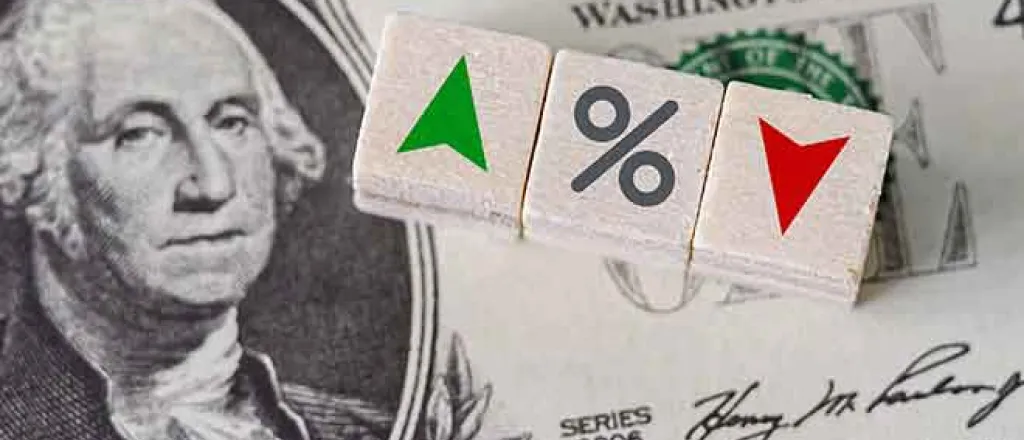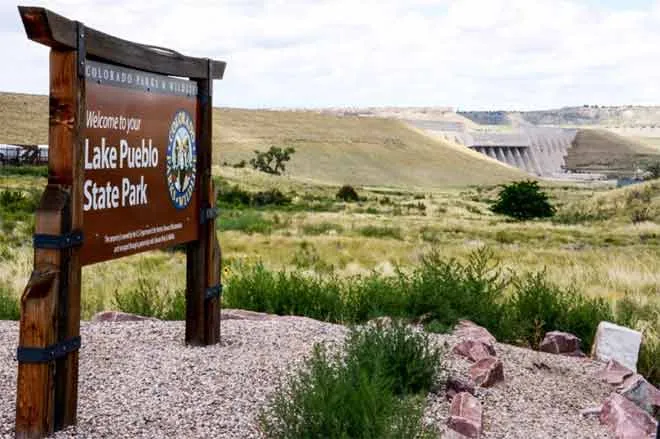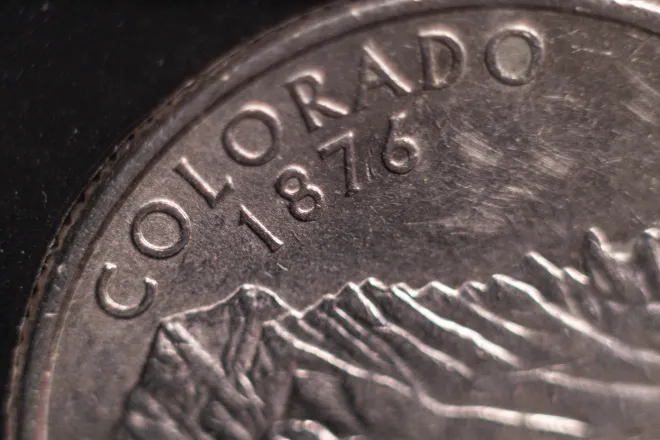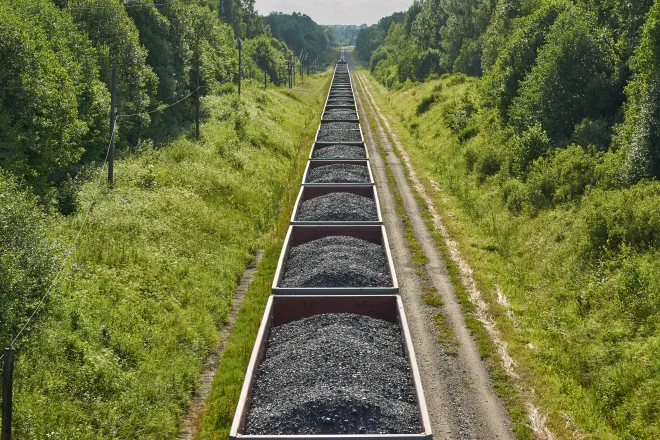
Gallagher Amendment would cost Colorado businesses at least $250 million next year, business groups say in report
(The Center Square) – Business groups in Colorado released a report that says the state’s Gallagher Amendment would mean a significant tax increase next year, unless voters decide to repeal the amendment this election.
The report, published by NFIB-Colorado, the Boulder Chamber, the Colorado Springs Chamber & EDC and Colorado Concern, found that Colorado businesses could see between $254.1 million to $270.2 million in tax increases, depending on proposed floating mill levies being considered by voters.
“At the end of three years, the likely tax increase on stores, restaurants, manufacturing firms and other businesses will be $811.3 million,” the report said.
Voters are considering Amendment B, which would repeal the Gallagher Amendment that was added to the state constitution in 1982 and was designed to keep property taxes low. The Gallagher Amendment requires residential property tax and non-residential property tax to be made up of a 45 percent/55 percent ratio, respectively, and requires the General Assembly to adjust residential property assessment rates.
If passed, the measure also would trigger companion legislation that would freeze the property tax assessment rates at their current levels – 7.15% for residential properties, and 29% for non-residential properties.
The residential property tax assessment rate is expected to reset to 5.88% in 2021.
“This change also means that retail stores, restaurants, office space, industrial buildings, farms, ranches and other forms of commercial property in a community could soon be taxed at a rate five times higher than residential property in the same community,” the report says. “This is because a 5.88% RAR under the Gallagher formula will force local governments and other tax districts to demand 4.93 times more tax from a business owner than a residential owner on the same amount of property value.”
Leaders of the groups that authored the report, and back Amendment B, warn that no action on the Gallagher Amendment will hamper the state’s economic recovery from the COVID-19 pandemic.
“The Gallagher tax increase may be hidden across hundreds of cities, counties, school districts and other local tax authorities, but the impacts are painfully real,” Colorado Springs Chamber & EDC Vice President of Government Affairs Rachel Beck said in a statement. “If we do nothing, the Gallagher tax’s punishing impact on job creation and business investment will only prolong Colorado’s recovery from the COVID-19 recession.”
Colorado Concern President and CEO Mike Kopp said, “At a time when we need business owners to reopen, to invest and to bring people back to work, hitting those same business owners with hundreds of millions of dollars of higher property taxes will hurt everybody. Because of Gallagher, we already have higher effective property tax rates for businesses in Denver than they have in New York City or San Francisco or Seattle, and we can’t afford to give entrepreneurs and job creators another reason to call it quits or leave our state.”
Michael Fields, executive director of the conservative advocacy group Colorado Rising State Action, which opposes Amendment B, said repealing the Gallagher Amendment would result in a $500 million residential property tax increase.
“We are ranked 17th best in the country for total tax burden on businesses,” Fields said in response to the report. “We should strive to be #1, but we need to be honest about where things sit now. In these tough economic times, we have to think about what it means for seniors or low income Coloradans to have higher property taxes. In order to be good for business, you also have to be good people and families looking for an affordable place to live.”
Fields also noted that most of the state doesn’t have automatic mill levy increases.
“Amendment B would keep the commercial assessment rate at 29%,” he said. “I think in order to help businesses, any serious reform measure should lower that rate, not keep it the same.”

















